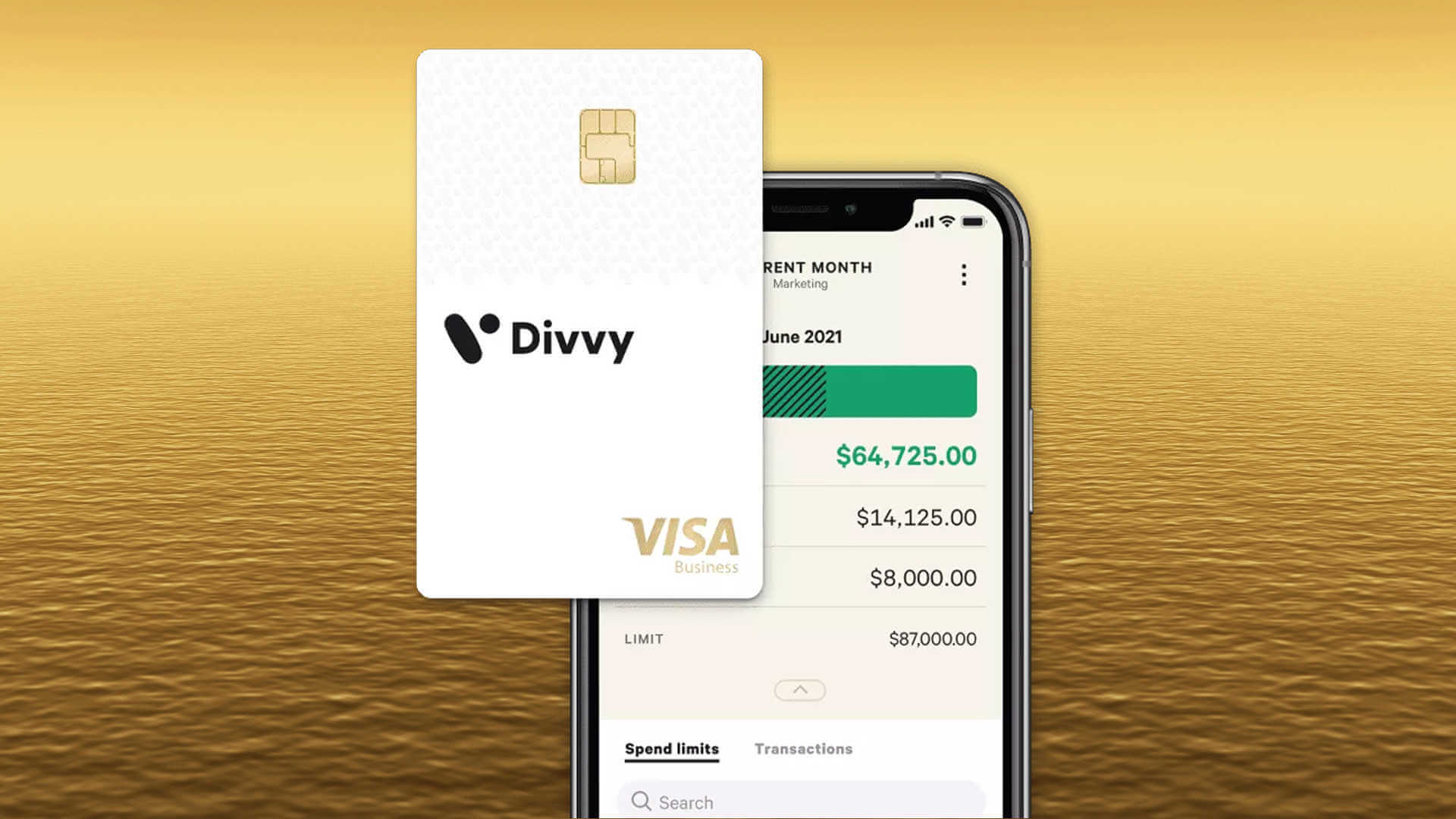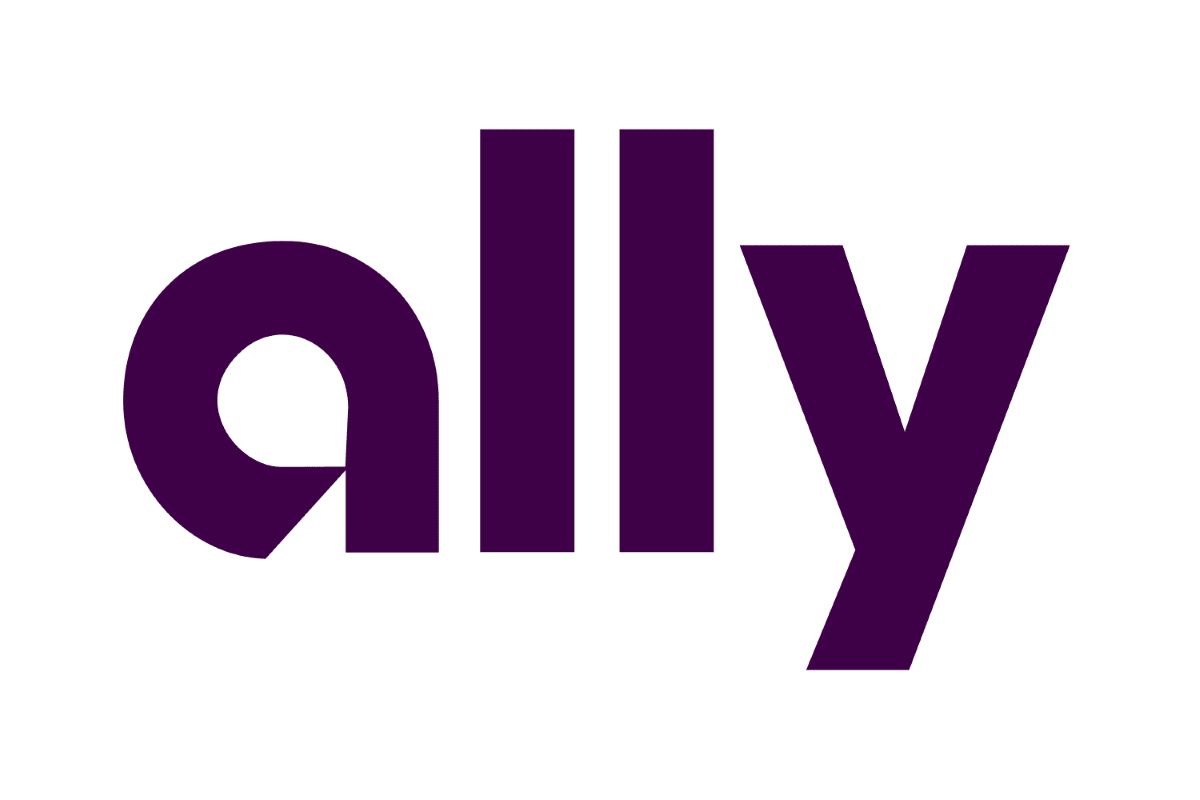

Finance
What Credit Score Do You Need For Divvy
Modified: February 21, 2024
Find out the credit score required for Divvy and get insights on how to finance your dream with confidence.
(Many of the links in this article redirect to a specific reviewed product. Your purchase of these products through affiliate links helps to generate commission for LiveWell, at no extra cost. Learn more)
Table of Contents
Introduction
Welcome to the world of Divvy, a company that is revolutionizing the way people buy and rent homes. Whether you are a first-time homebuyer or looking to upgrade your living situation, Divvy offers a unique and flexible solution. But before diving into the details of Divvy, let’s talk about one crucial aspect – your credit score.
Your credit score plays a significant role in determining your eligibility for various financial products, including mortgages and rental agreements. It is a reflection of your financial history, showcasing your ability to responsibly manage credit. Lenders and landlords rely on credit scores to assess the level of risk associated with lending or renting to an individual.
Understanding your credit score is essential when considering Divvy as an option for homeownership or rental. Divvy, like many other financial institutions, has specific requirements when it comes to credit scores. In this article, we will explore what credit score you need for Divvy and breakdown the factors that impact your credit score. We will also provide insights on how you can improve your credit score to meet Divvy’s requirements. So, let’s get started!
Understanding Divvy
Divvy is a company that aims to make homeownership more accessible and affordable for individuals who may not qualify for traditional mortgages. They offer a rent-to-own program that allows you to rent a home with the option to buy it in the future. Divvy purchases the home on your behalf, and you make monthly payments that include both rent and equity contributions. This unique approach allows you to build equity in the property while renting, giving you a pathway to homeownership.
With Divvy, you have the freedom to choose a home that meets your needs and preferences from their inventory of available properties. They offer a variety of homes in different locations, sizes, and price ranges, giving you the flexibility to find the perfect fit.
One of the standout features of Divvy is their commitment to transparency. They provide you with a clear breakdown of the monthly payment, including the rent portion, equity portion, and other fees. You have full visibility into how your monthly payments are contributing to your future homeownership.
Divvy also offers support throughout the process, including access to a dedicated homeownership advisor who can guide you through the steps and provide assistance whenever needed. They understand that buying a home is a significant decision, and they are there to support you every step of the way.
Now that we have a better understanding of what Divvy is and how it works, let’s move on to the crucial aspect of credit scores and their importance in the Divvy process.
Importance of Credit Scores
When it comes to financial transactions, your credit score is a critical factor that lenders and landlords consider. In the case of Divvy, your credit score will determine your eligibility for their rent-to-own program. Here’s why credit scores are so important:
1. Creditworthiness: Your credit score is a measure of your creditworthiness, indicating how likely you are to repay your debts on time. It gives potential lenders and landlords insight into your financial responsibility and determines the level of risk they may face when entering into a financial agreement with you.
2. Loan Approval: If you’re looking to finance a home purchase, a good credit score is often a requirement to be approved for a mortgage. Lenders want assurance that you are a reliable borrower and will repay the loan as agreed.
3. Interest Rates: A higher credit score can result in lower interest rates on loans and credit cards. This can save you a significant amount of money over time. On the other hand, a lower credit score may mean you’re offered higher interest rates, which can increase the overall cost of borrowing.
4. Rental Applications: When applying for a rental property, landlords often review your credit score to assess your financial stability and ability to pay rent. A strong credit score can increase your chances of securing your desired rental unit.
5. Security Deposits: In some cases, landlords may require a higher security deposit for individuals with lower credit scores. Having a good credit score can help you avoid these additional expenses and potentially negotiate more favorable rental terms.
Given the significance of credit scores in financial transactions, it’s crucial to understand what credit score Divvy requires for their rent-to-own program. Let’s explore Divvy’s specific credit score requirements in the next section.
Divvy’s Credit Score Requirements
Divvy has specific credit score requirements for individuals who want to participate in their rent-to-own program. While they don’t disclose their exact credit score minimum publicly, a good credit score is generally required to qualify. Typically, Divvy looks for credit scores in the range of 620 or higher.
It’s important to note that credit scores are not the sole determining factor for Divvy’s approval. They also consider other factors, such as your income, employment history, and overall financial health. Divvy takes a holistic approach to assess your ability to make consistent monthly payments and fulfill the requirements of the program.
If you don’t meet Divvy’s credit score requirements initially, don’t be discouraged. Divvy understands that credit scores don’t always reflect a person’s complete financial picture. They take into account other factors to evaluate your eligibility. So, even if your credit score is not perfect, you may still have a chance to qualify for Divvy’s rent-to-own program.
If you’re unsure about your credit score or whether you meet Divvy’s requirements, it’s beneficial to reach out to them directly. They can provide insights into their specific criteria and guide you through the process.
Now that we understand Divvy’s credit score requirements, let’s delve into the factors that impact credit scores and how you can improve yours.
Factors That Impact Credit Scores
Your credit score is influenced by several key factors. It’s essential to understand these factors as they can have a significant impact on your creditworthiness. Here are the main factors that affect credit scores:
1. Payment History: Your payment history contributes significantly to your credit score. Making timely payments on your credit cards, loans, and other debts demonstrates your reliability as a borrower. Late payments, delinquencies, or defaults can have a negative impact on your credit score.
2. Credit Utilization: Your credit utilization ratio compares the amount of credit you’re currently using to your total available credit. Keeping your credit utilization low, typically below 30%, shows responsible credit management. Higher credit utilization can indicate potential financial strain and negatively affect your credit score.
3. Length of Credit History: The length of your credit history plays a role in determining your creditworthiness. A longer credit history allows lenders to assess your borrowing behavior over time. It’s beneficial to have a mix of both long-standing and new credit accounts to demonstrate your ability to manage credit responsibly.
4. Credit Mix: Having a diverse mix of credit accounts, such as credit cards, auto loans, and mortgages, can positively impact your credit score. It shows that you can handle different types of credit responsibly.
5. New Credit Inquiries: Every time you apply for new credit, a hard inquiry is made on your credit report. Multiple recent inquiries can be perceived as a sign of financial distress and may lower your credit score. It’s important to be selective when applying for new credit.
6. Public Records and Collections: Bankruptcies, foreclosures, tax liens, and collections have a severe negative impact on your credit score. It’s crucial to address any outstanding public records or collections to improve your creditworthiness.
Understanding these factors allows you to take proactive steps to improve your credit score and increase your chances of meeting Divvy’s requirements. So, let’s explore how you can enhance your credit score in the next section.
Improving Your Credit Score
If your credit score is currently below Divvy’s requirements, don’t worry. There are several steps you can take to improve your creditworthiness over time. Here are some effective strategies to boost your credit score:
1. Pay your bills on time: Consistently paying your bills by their due dates is crucial for building a positive credit history. Set up reminders or automatic payments to ensure you never miss a payment.
2. Reduce your credit utilization: Pay down your credit card balances and keep your credit utilization ratio low. Aim to keep your balances below 30% of your credit limit on each card.
3. Establish a solid payment history: Building a positive payment history takes time, so it’s important to establish new credit accounts and make timely payments on them. This demonstrates your ability to handle credit responsibly.
4. Check your credit report regularly: Monitor your credit report for any errors or discrepancies that could be negatively impacting your score. If you find any inaccuracies, dispute them with the credit bureau.
5. Avoid closing old accounts: Closing old credit accounts can shorten the length of your credit history, which may lower your score. Keep your older accounts open and continue to make occasional small purchases to keep them active.
6. Be cautious with new credit applications: Limit the number of new credit applications you make. Each application typically results in a hard inquiry on your credit report, which can lower your score temporarily.
7. Pay off collections or delinquent accounts: Address any outstanding collections or delinquent accounts as quickly as possible. These negative marks can significantly impact your credit score, so resolving them can help improve your standing.
Remember, improving your credit score takes time and consistent effort. Be patient and disciplined in your financial habits, and over time, you will see positive changes in your creditworthiness.
It’s important to note that Divvy recognizes that credit scores don’t always tell the full story. Even if your credit score doesn’t meet their minimum requirements, they take other factors into account. Let’s explore the flexibility Divvy offers in their credit score requirements in the next section.
Flexibility in Divvy’s Credit Score Requirements
Divvy understands that credit scores alone do not always paint a complete picture of an individual’s financial situation. They take a holistic approach when evaluating potential participants for their rent-to-own program. While they have a general credit score range of 620 or higher, Divvy considers other factors as well.
Income and employment stability play significant roles in Divvy’s assessment. If you have a stable income and a strong employment history, it can compensate for a lower credit score. Divvy looks at your ability to make consistent monthly payments and fulfill the financial obligations of their program.
If you don’t meet Divvy’s credit score requirements initially, it’s worth reaching out to them to discuss your specific circumstances. They can provide personalized guidance and help you understand your options. Divvy’s goal is to help individuals achieve homeownership and provide a pathway for those who may not qualify for traditional mortgages.
It’s important to remember that Divvy’s flexibility in credit score requirements does not mean they compromise on financial responsibility. They still prioritize responsible borrowers who demonstrate a willingness and ability to honor their financial commitments.
Divvy’s emphasis on flexibility is a testament to their commitment to inclusivity and offering homeownership opportunities to a wider range of individuals. By taking a more comprehensive approach to evaluating eligibility, they can provide options for those who have encountered financial challenges in the past but are now on a path to financial stability.
Now that we have explored the flexibility in Divvy’s credit score requirements, let’s conclude our discussion.
Conclusion
Divvy offers a unique and innovative solution for individuals looking to attain homeownership through their rent-to-own program. While credit scores play a significant role in Divvy’s evaluation process, they also consider other factors such as income, employment history, and overall financial stability. Divvy’s goal is to provide flexibility and inclusivity to individuals who may not meet traditional credit score requirements.
Understanding the importance of credit scores and taking steps to improve your score can increase your chances of qualifying for Divvy’s program. Paying bills on time, reducing credit utilization, and maintaining a positive payment history are essential strategies to boost your creditworthiness.
If your credit score doesn’t initially meet Divvy’s requirements, don’t lose hope. Divvy takes a comprehensive approach to evaluate eligibility, considering factors beyond credit scores. Reach out to Divvy directly to discuss your specific situation and explore potential options.
Divvy’s commitment to transparency, flexibility, and support throughout the homeownership journey sets them apart. Their rent-to-own program provides individuals with the opportunity to rent a home while building equity, making homeownership more accessible and achievable.
If you’re dreaming of homeownership but have struggled to qualify for traditional mortgages, consider exploring Divvy as a viable option. With their unique approach and dedication to helping individuals achieve their homeownership goals, Divvy can guide you towards a brighter future.
Remember, homeownership is within reach, even if your credit score doesn’t currently meet the requirements. Take proactive steps to improve your creditworthiness, explore Divvy’s flexible options, and embark on the journey towards homeownership with confidence.














